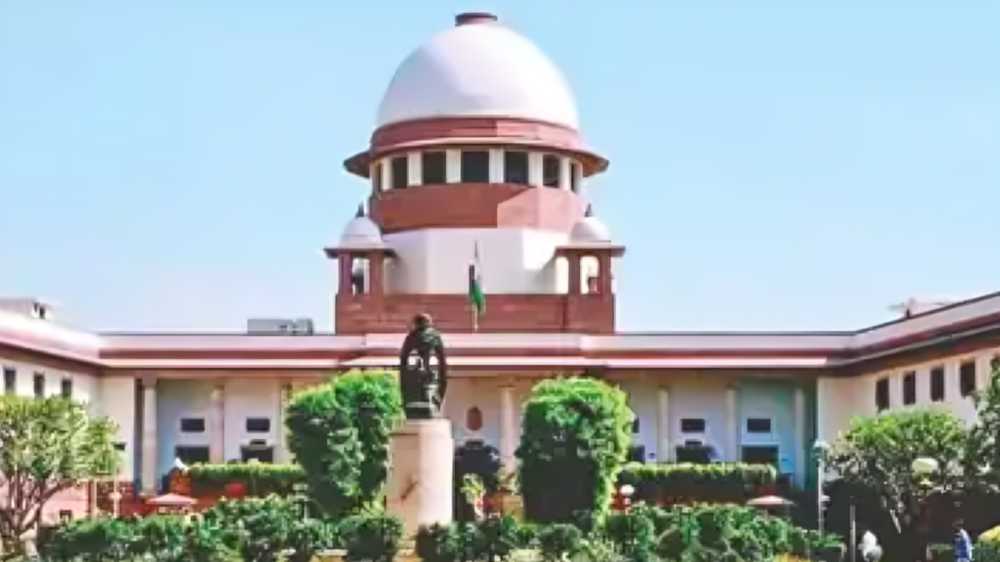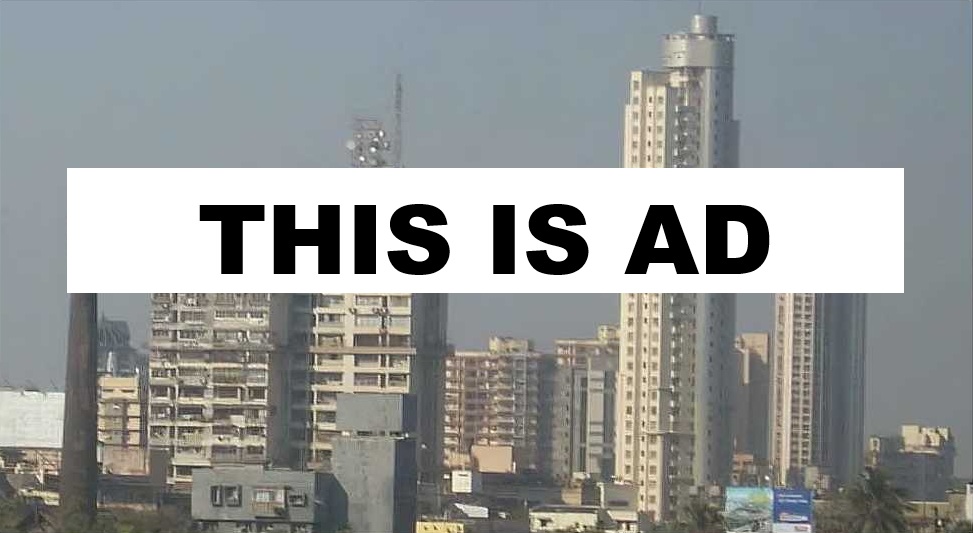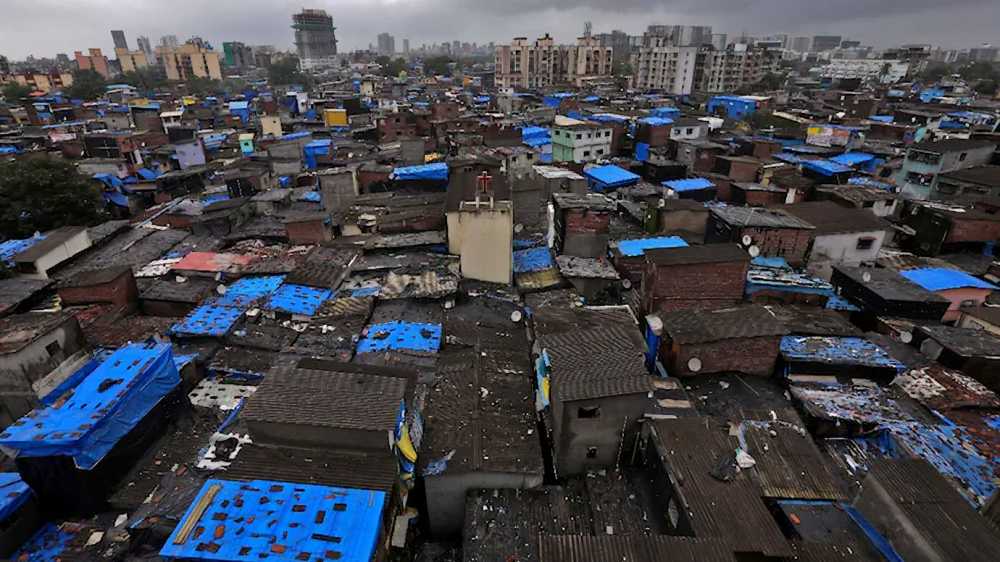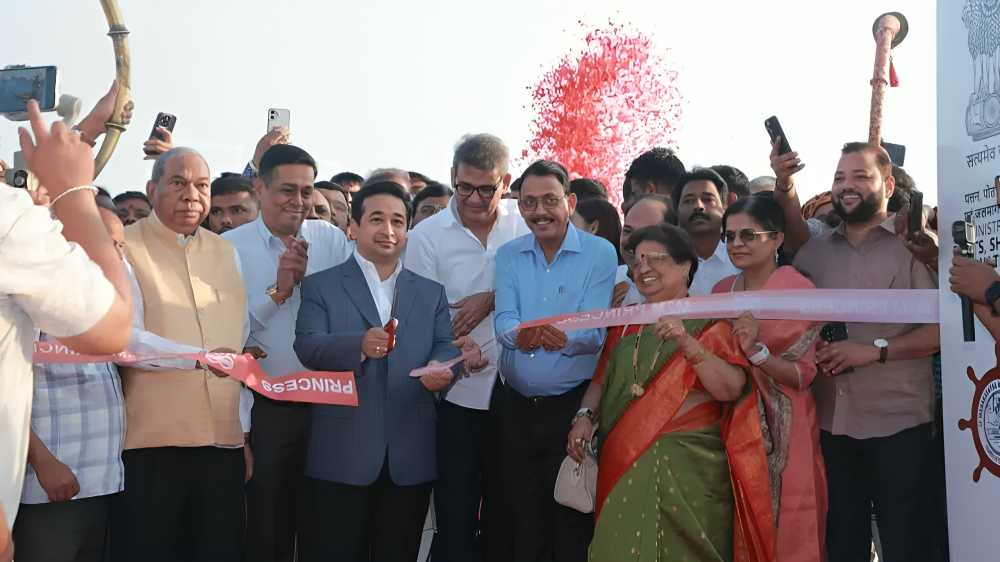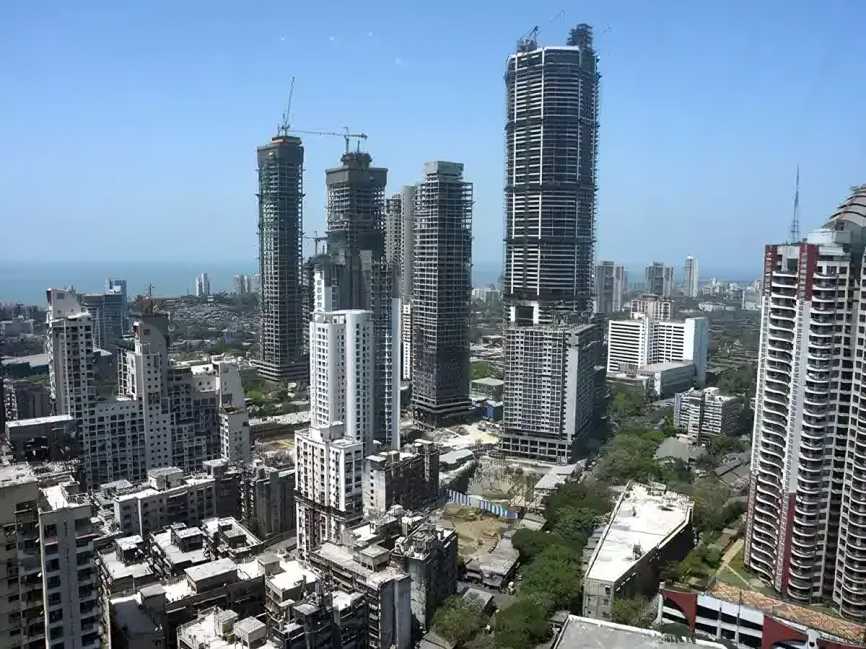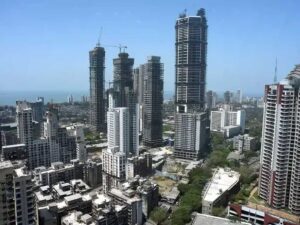August 25, 2025: The Supreme Court on Friday upheld a Bombay High Court order invalidating the acquisition of Church Trust land at Mount Mary in Bandra by the Slum Rehabilitation Authority (SRA), highlighting the “invisible but pervading influence of the powerful private developer” behind the move. The Church Trust had expressed interest in redeveloping the land as far back as 2013.
A bench comprising Justices Surya Kant and Ujjal Bhuyan described the ruling as a landmark decision, emphasising the need for practical safeguards in legal disputes involving competing interests among private parties. The Court quashed the acquisition of a 1,596.40 sq. m portion of land in Village Bandra, Taluka Andheri, Mumbai, under the Maharashtra Slum Areas (Improvement, Clearance and Redevelopment) Act, 1971.
The Supreme Court criticised the SRA and its CEO for what it described as a departure from their public duty. “The facts reveal a prejudiced attempt by the SRA to undermine legislative and judicial efforts and hand over the land and the benefits of its rehabilitation to Saldanha,” the bench observed. The Court noted that actions of public authorities “marred by collusion and connivance and motivated by extraneous profit interests of private builders, are highly depreciable and underline the possibility of bureaucratic misuse of statutory provisions.”
The ruling affirms the Bombay High Court’s June 11, 2024, decision, which had declared the acquisition void and directed the SRA to consider the Church Trust’s redevelopment proposal. The appeals had been filed by Saldanha Real Estate Pvt Ltd, the proposed housing society of slum dwellers, and the SRA, challenging the High Court’s decision.
The Supreme Court examined the legislative intent of the Slums Act, particularly Chapter I-A, which outlines the rights of landowners to redevelop a Slum Rehabilitation Area (SR Area) and the corresponding duties of the SRA. The Court found that the SRA had focused on obstructing the Church Trust’s redevelopment plans while advancing Saldanha’s SR Scheme. “The Trust’s proposal was discarded on hyper-technical grounds, while Saldanha’s submission was processed despite its own defects,” the bench noted.
Senior counsel Milind Sathe and Chander Uday Singh, representing the Church Trust, supported the High Court judgment, asserting that the Trust’s preferential rights had been disregarded. Senior counsel Nikhil Sakhardande, representing Saldanha, contended that the acquisition was a bona fide attempt to facilitate slum redevelopment and ensure reasonable profit incentives.
The Court clarified that the SRA cannot proceed with acquisition until the Church Trust’s preferential right is extinguished, which occurs only if the Trust fails to submit an SR Scheme within the prescribed 120-day period. Acquisition proceedings initiated prematurely, the bench said, would have violated the statutory rights of the Trust.
The Supreme Court has now granted the Church Trust a period of 120 days to submit its SR Scheme for the redevelopment of the slum. The SRA is directed to provide full support for surveys and demarcation, and the authority, along with the State, must process the Trust’s proposal expeditiously within 60 days.
This ruling is seen as a significant assertion of landowner rights under the Slums Act, reinforcing the principle that statutory rights cannot be bypassed for the benefit of private developers, while ensuring the lawful redevelopment of slum areas in Mumbai.
Source: The Times Of India




